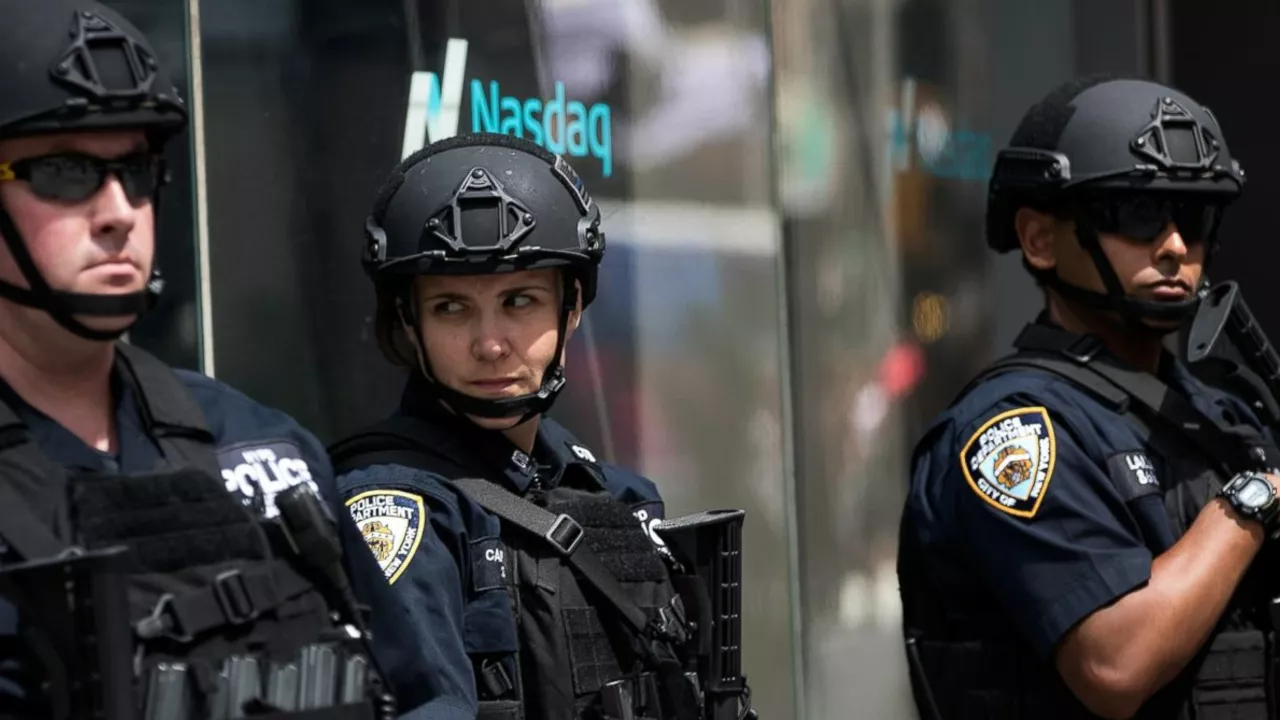Why do cops never shoot at people who run away?

- 18 Jul 2023
- 0 Comments
Understanding the Basic Police Training
When we talk about police and their actions, the first thing we need to understand is the kind of training they go through. Police training is not just about handling weapons and combative skills. It also involves understanding the law, respecting human rights, and making ethical decisions. The moral obligation of a police officer is to protect and serve the community, and this includes even those who are suspected of crimes. Their primary focus is to maintain peace, and they are trained to use minimal force unless it's necessary.
The Use of Force Continuum
Police officers are taught the use of force continuum, which is a system that dictates the level of response to a specific situation. This system is designed to ensure that the officers use only the necessary force to control a situation. The use of deadly force, which includes shooting, is always the last resort. Officers are expected to use non-lethal methods such as verbal persuasion, physical restraint, and non-lethal weapons before escalating to lethal force.
Why Running Doesn't Justify Shooting
The idea that police can shoot at people who are running away is a misconception. When someone is running, they are not an immediate threat, unless they have a weapon and are firing at the police. Moreover, shooting someone in the back is considered unethical and illegal as per international law unless there's an immediate risk to others. Therefore, police officers are not allowed to shoot at fleeing suspects just because they are trying to escape.
Legal Perspective: The Tennessee v. Garner Case
From a legal perspective, the Tennessee v. Garner case sets a clear precedent. This 1985 Supreme Court case ruled that it's unconstitutional for police to shoot fleeing suspects unless they pose a significant threat of death or serious physical injury to the officer or others. This case has since been the guiding principle for police departments across the country.
Understanding the Concept of "Imminent Danger"
The term "imminent danger" is crucial in police protocols when it comes to using deadly force. Imminent danger refers to an immediate, present, and impending threat of death or serious bodily harm. A person running away doesn't usually represent an imminent danger unless they are firing a weapon at the police, for example. This is why police officers are trained not to shoot at fleeing suspects unless there are clear indications of imminent danger.
Psychological Factors at Play
Psychological factors also play a significant role in a police officer's decision-making process. The stress and adrenaline rush during a chase can cloud judgment. However, police officers undergo rigorous training to manage these situations and make the right decisions, even under high-stress conditions. They are trained to remain calm and assess the situation accurately before deciding to use force.
Accountability and Consequences
Police officers are accountable for their actions and must face consequences if they use excessive or unnecessary force. Shooting someone who is running away without any significant threat can lead to severe repercussions, including legal charges, dismissal, and public outcry. Therefore, most officers are cautious about using their firearms unless it's absolutely necessary.
Alternative Methods to Stop Fleeing Suspects
There are several non-lethal ways police officers can use to stop fleeing suspects. These include using tasers, pepper spray, or physical restraint. In some cases, police dogs are also used. These methods are considered more ethical and safer as they aim to incapacitate, not injure or kill.
The Importance of Community Trust
Lastly, it's crucial to remember that the police exist to serve and protect the community. Trust between the police and the community is vital, and this trust can be severely damaged if police use excessive force, especially on fleeing suspects. Therefore, police departments strive to maintain this trust by ensuring their officers are trained to use force responsibly and ethically.